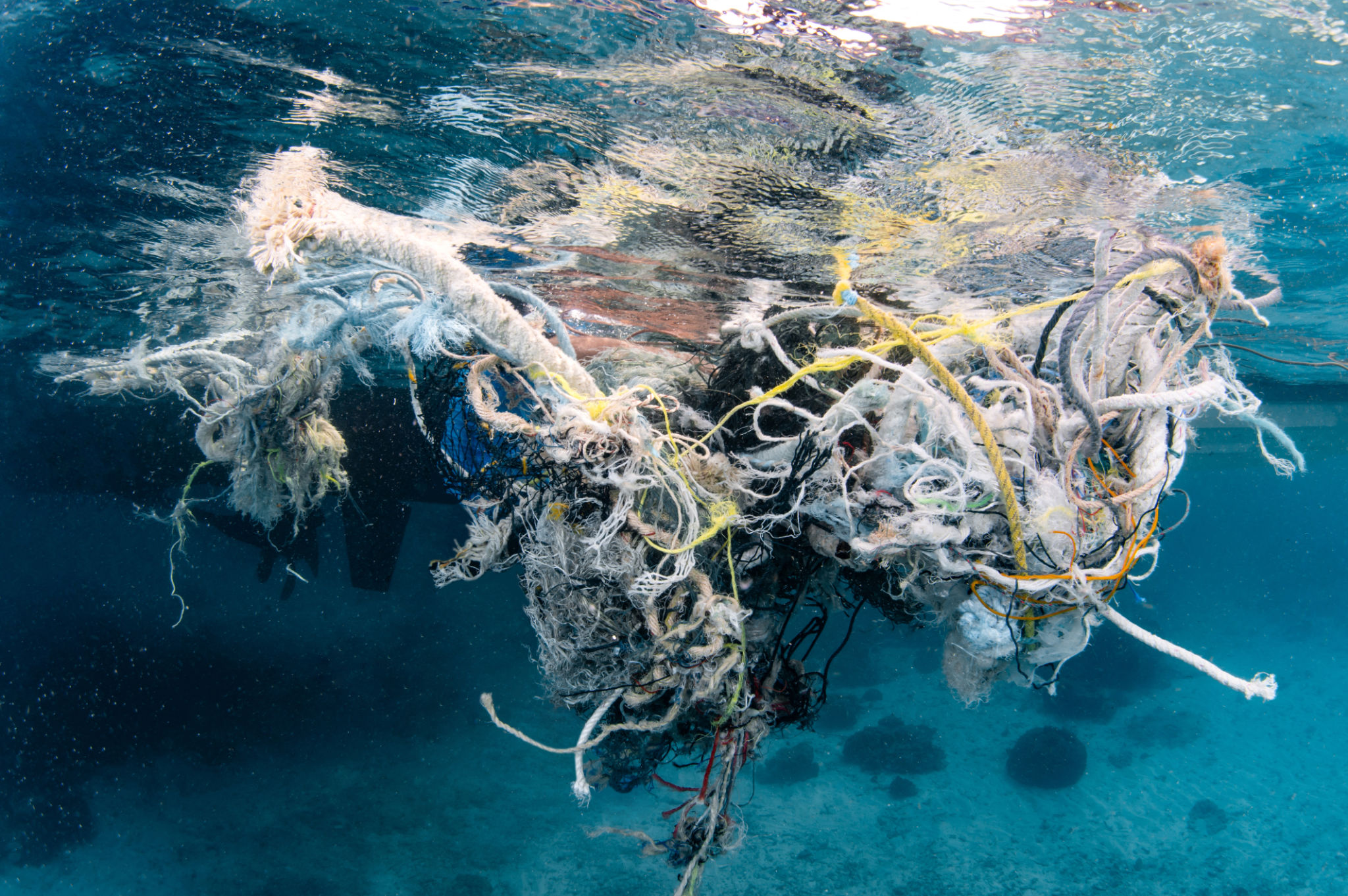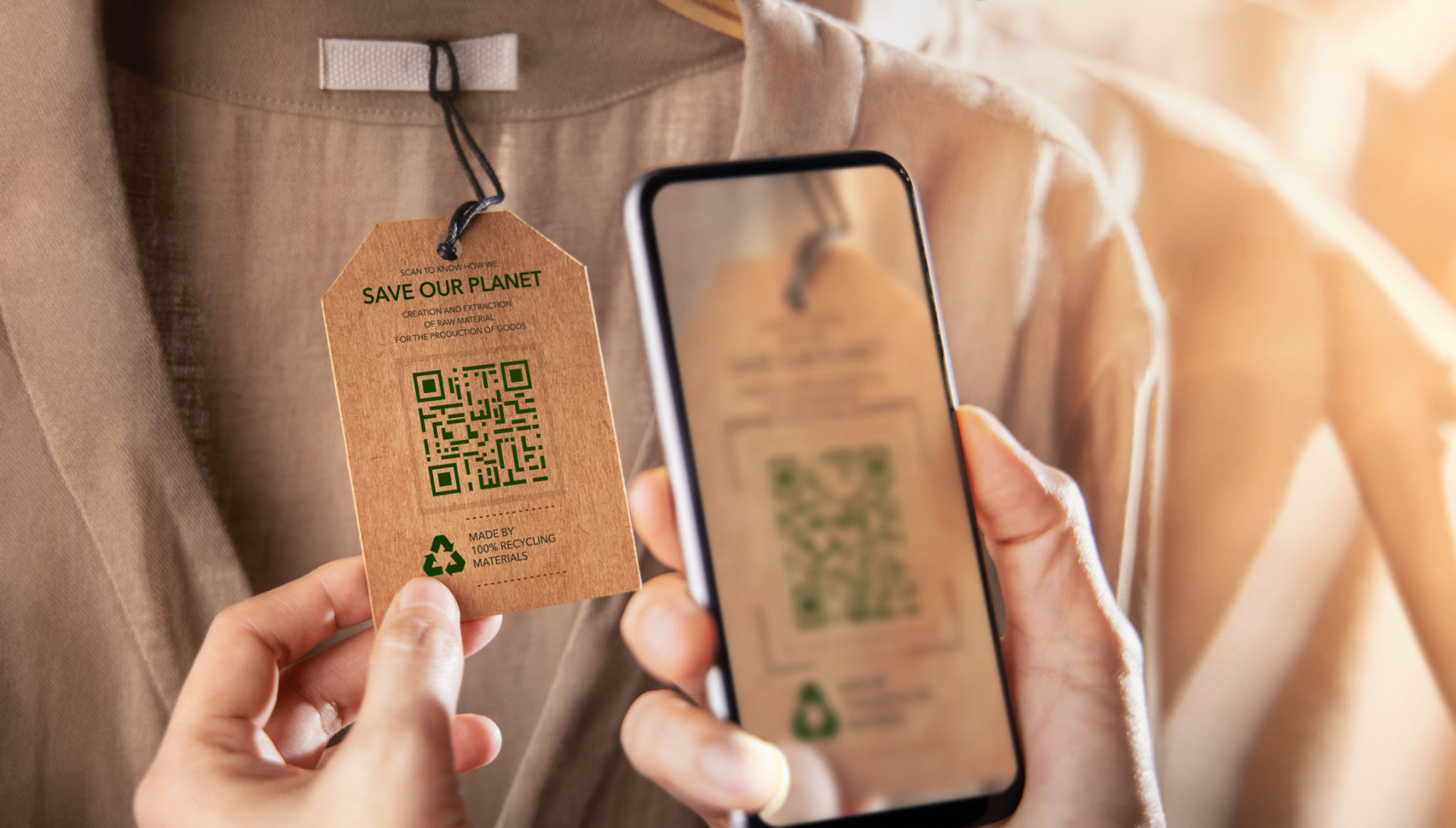How Your Daily Choices Impact Plastic Waste and Climate Change
The Power of Individual Choices
Every day, we make countless decisions, often without considering their long-term impact on the planet. From the type of coffee cup we use to the mode of transportation we choose, our daily actions accumulate into a significant environmental footprint. One of the most pressing issues today is plastic waste, which is intrinsically linked to climate change.

Plastic waste is a growing concern globally, with millions of tons ending up in landfills and oceans each year. This issue not only harms marine life but also contributes to climate change, as the production and degradation of plastic release greenhouse gases into the atmosphere. By understanding how our daily choices contribute to this crisis, we can make informed decisions that help mitigate our impact.
Reducing Single-Use Plastics
One of the simplest yet most effective ways to reduce plastic waste is by cutting down on single-use plastics. Items such as plastic bags, straws, and water bottles are convenient but have dire environmental consequences. These products often end up in oceans, harming wildlife and breaking down into microplastics that further pollute ecosystems.
To make a difference, consider adopting reusable alternatives. Carry a cloth bag for shopping, invest in a stainless steel or glass water bottle, and opt for metal or bamboo straws. By making these small changes, you can significantly reduce your plastic footprint.

Choosing Sustainable Products
Another impactful choice is opting for products made from sustainable materials. Many household items are now available in eco-friendly versions, crafted from biodegradable or recycled materials. Conscious consumerism encourages manufacturers to prioritize sustainable practices, leading to less environmentally harmful production processes.
When shopping, look for labels that indicate products are made from recycled content or are certified by reputable environmental organizations. These choices not only reduce demand for new plastic production but also support businesses committed to sustainability.
Transportation and Its Environmental Impact
Transportation is another area where individual choices can make a significant environmental impact. The fossil fuels burned by cars contribute to carbon emissions, accelerating climate change. By choosing alternative modes of transport, such as cycling, walking, or using public transportation, you can help reduce your carbon footprint.

If driving is necessary, consider carpooling or investing in an electric vehicle. These options not only decrease greenhouse gas emissions but also promote cleaner air quality in urban areas. Each time you choose a more sustainable mode of transportation, you're contributing to a healthier planet.
Advocating for Change
Beyond personal choices, advocating for broader systemic changes can amplify your impact. Support policies that aim to reduce plastic waste and promote renewable energy sources. Engage with community initiatives focused on environmental conservation and encourage others to adopt sustainable practices.
Engaging in conversations and educating others about the importance of reducing plastic waste and its connection to climate change can create a ripple effect. As more people become aware and take action, the cumulative impact can lead to significant environmental improvements.
The Collective Impact
While individual actions may seem small in the face of global environmental challenges, they collectively contribute to meaningful change. By making conscious choices every day and inspiring others to do the same, we can reduce plastic waste and combat climate change effectively.

Your daily choices hold the power to shape the future of our planet. Remember that every reusable bag, sustainable product, and eco-friendly choice adds up. Together, we can create a world where both people and the environment thrive.
